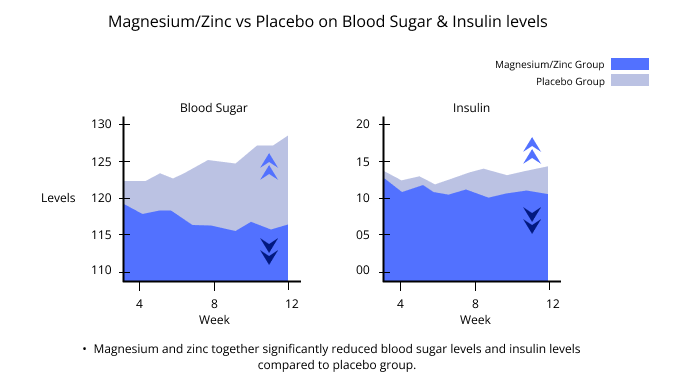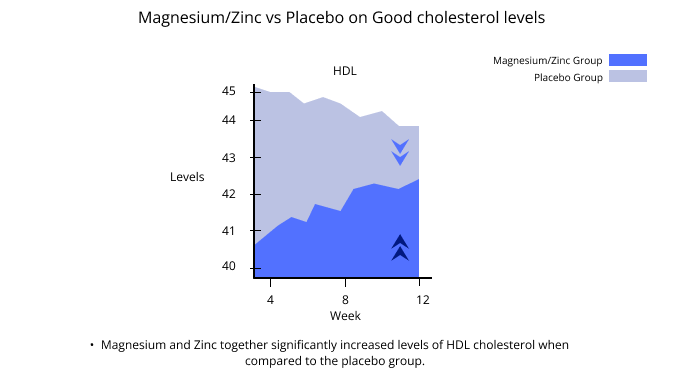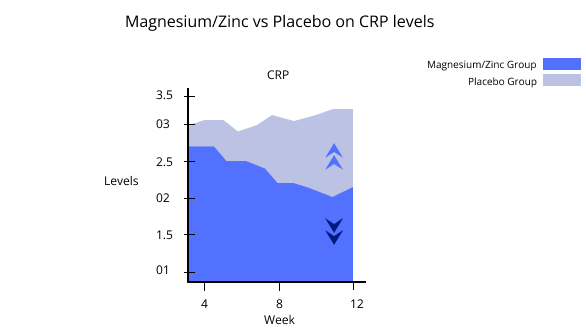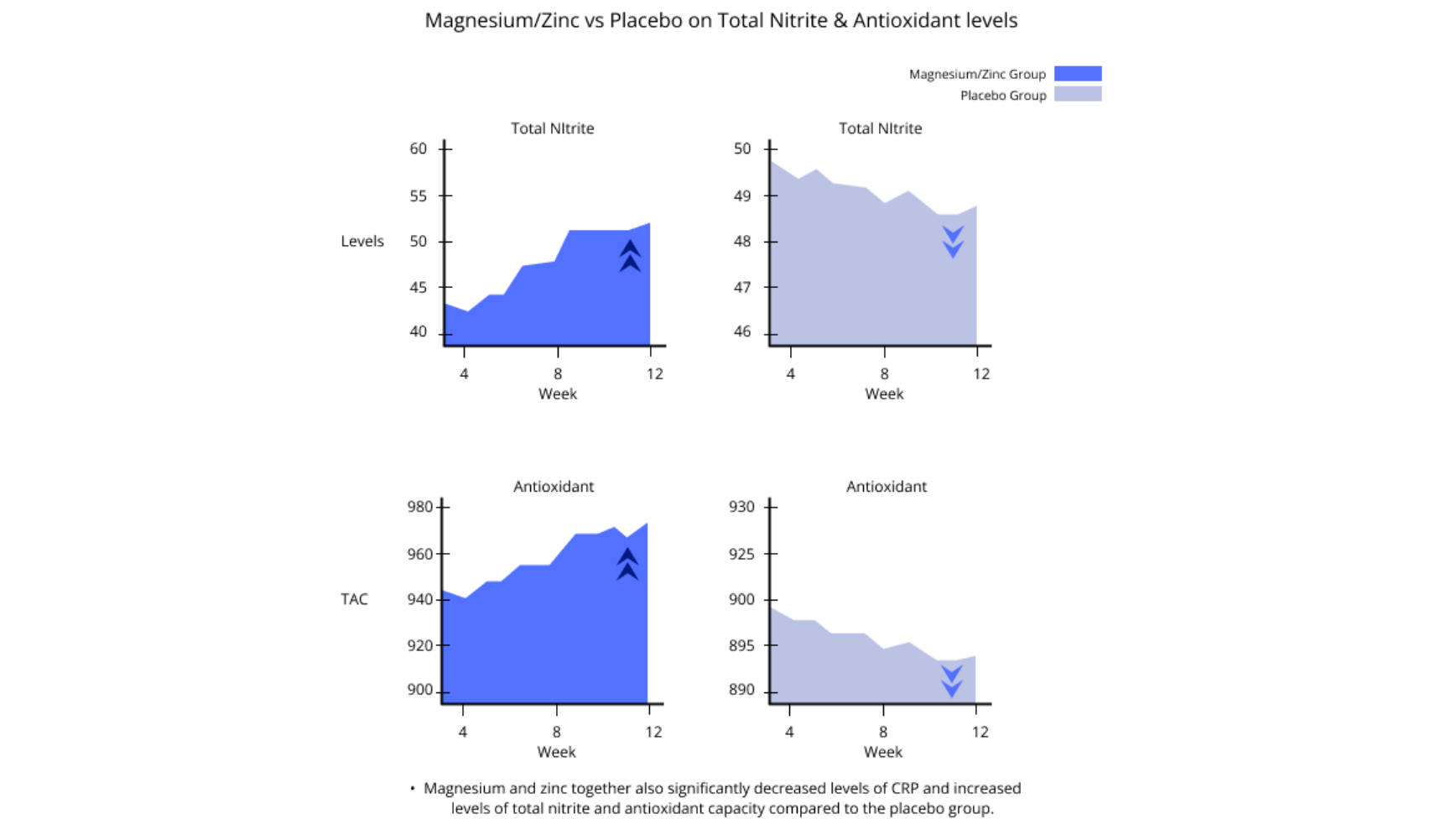
How Magnesium and Zinc Supports Metabolic Status of Diabetes Mellitus and Coronary Heart Disease

Table Of Contents
Coronary Heart Disease and Type 2 Diabetes Mellitus
The World Health Organization has reported that coronary heart disease is a primary cause of death for men and women, causing more than 7 million deaths every year. It is widely accepted that type 2 diabetes mellitus is also a major risk factor for coronary heart disease. The risk of coronary heart disease in patients with diabetes is double as high as in non-diabetic subjects.
Many studies have shown that there is a correlation between coronary heart disease and metabolic syndrome, type 2 diabetes mellitus, and elevated levels of inflammatory and oxidative stress biomarkers. Some researches indicated that levels of magnesium and zinc are significantly decreased in patients suffering from coronary heart disease and type 2 diabetes mellitus.
How Magnesium and Zinc may improve glycemic control
It is reported that there are benefits to trace elements for people with metabolic disorders. For example, magnesium supplementation with 250 mg per day improved glycemic control and lipoproteins in pregnant women with gestational diabetes. Zinc supplementation at 30 mg per day for 6 months also improved glycemic control in pre-diabetic subjects.
Additionally, it has been shown that co-supplementation is more effective than single element supplementation. A recent study on patients with type 2 diabetes showed that zinc, magnesium, vitamin C and E co-supplementation significantly reduced fasting plasma glucose and malondialdehyde levels and increased HDL cholesterol levels.
Additionally, magnesium-zinc-calcium-vitamin D co-supplementation in patients with PCOS showed an association between co-supplementation and a significant improvement in:
- Insulin levels
- QUICKI
- Inflammatory markers
- Etc
- And plasma triglycerides
All without any significant influence on fasting glucose, HDL cholesterol, and LDL cholesterol.
Zinc and magnesium may contribute to glucose homeostasis and lipoprotein metabolism. Magnesium helps with different reactions that are important in carbohydrate metabolism and insulin action. Magnesium may also help with lipoprotein metabolism by regulating an enzyme.
Some studies have also shown that zinc affects glucose homeostasis by influencing insulin formation, storage, and secretion. Magnesium may have anti-inflammatory properties and zinc may decrease inflammation and oxidative damage. These may have beneficial effects on hemostasis.
This study aimed to analyze the effects of a combination of magnesium and zinc supplementation on inflammation biomarkers, metabolic profile, and oxidative stress in patients with CHD and T2DM.
The Study and Results
The compliance rate was high on the 45 female participants, and both groups took more than 90% of capsules during the trial. There were no harmful effects from taking magnesium and zinc together in patients with type 2 diabetes and heart disease.




The results
Magnesium and zinc together significantly reduced blood sugar levels and insulin levels, while it significantly increased levels of HDL cholesterol when compared to the placebo group. Magnesium and zinc together also significantly decreased levels of CRP and increased levels of total nitrite and antioxidant capacity compared to the placebo group.
This study showed that magnesium with zinc supplementation helped people with heart disease and type 2 diabetes with their:
- Blood sugar
- Insulin
- Good cholesterol
- Bad cholesterol
- And stress levels
However, it is important to note that this study is statistically significant, but not clinically significant. A longer period of magnesium and zinc supplementation may have greater results in FPG and HDL-cholesterol levels.
Conclusion
In conclusion, magnesium with zinc for 12 weeks may help improve blood sugar, insulin, HDL cholesterol, CRP, antioxidant levels, and mood in people with type 2 diabetes and heart disease.
Reference
Related Posts




Quick Links
Legal Stuff



